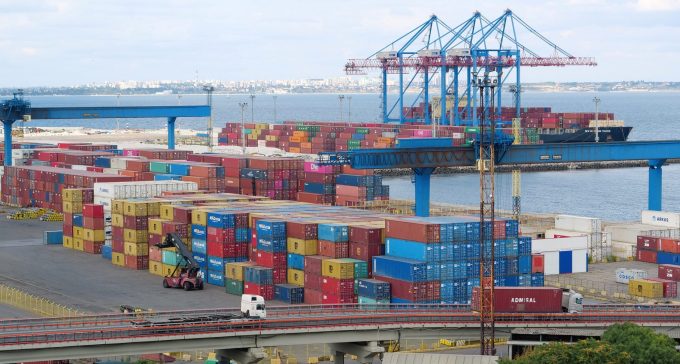Top forwarders all set for cash flow boost as earnings sag
When being flush is bad

A cyber security firm is warning companies to raise awareness regarding online systems and reassess the potential threat to those systems in the wake of the Russian attack on Ukraine.
After Danish freight forwarder DSV shut down its IT systems in Ukraine, as well as its physical offices, Cyber CX told The Loadstar this may be the best option, but it would depend on each company.
DSV said it had taken “strict security measures to protect DSV and our customers against cyber-attacks”.
Christina Stevenson, Cyber ...
Asia-USEC shippers to lose 42% capacity in a surge of blanked sailings
USTR fees will lead to 'complete destabilisation' of container shipping alliances
Outlook for container shipping 'more uncertain now than at the onset of Covid'
New USTR port fees threaten shipping and global supply chains, says Cosco
Transpac container service closures mount
DHL Express suspends non-de minimis B2C parcels to US consumers
Zim ordered to pay Samsung $3.7m for 'wrongful' D&D charges
Flexport lawsuit an 'undifferentiated mass of gibberish', claims Freightmate


Comment on this article